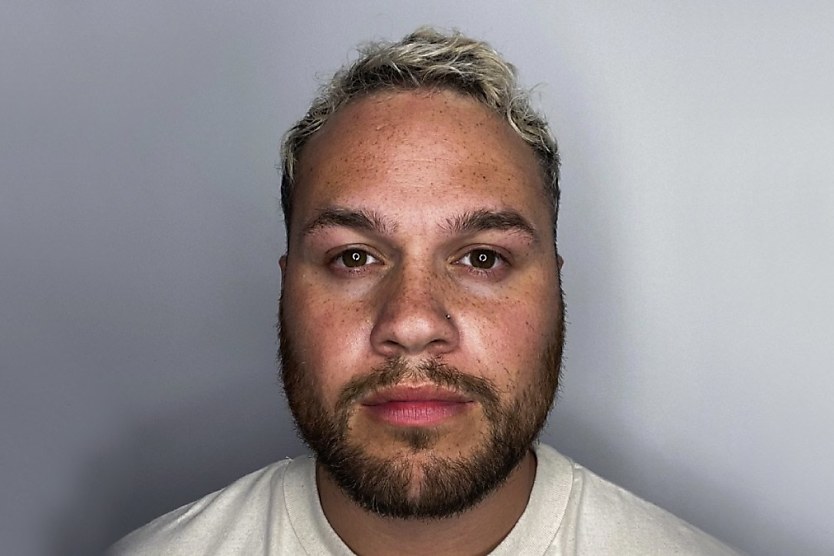Aboriginal consultancy director in conversation with The HR Leader
SHARE THIS ARTICLE

Dhiira is an Aboriginal owned and operated consultancy, specialising in human resources and maximising diversity with a focus on Aboriginal people. Founder and managing director, Leroy Wilkinson-Maher, joined The HR Leader to discuss what Dhiira’s mission is, the work the organisation is doing to make a difference and what other companies can do to create an inclusive workplace.
Shandel McAuliffe, editor at HR Leader: “What is Dhiira’s mission?”
Mr Wilkinson-Maher: “Dhiira’s mission is to apply Aboriginal perspective to policy. That's what I wanted to look at. Policy, procedure, guidelines, principles, position descriptions, everything that had some effect on people that was the rule book and the playbook, we wanted to see it.
“By doing that, we were able to have a look at where things were. So, what the current state was, what Aboriginal and Torres Strait Islander cultural inclusions were there, what human nuance inclusions were there, what was missing, what needed to be elevated. And that was the work that I was really set on.”
He continued: “It was an opportunity for me to figure out what bricks do we need to replace with more sustainable ones for us to really build a new foundation that's going to allow future generations of work to be done, to build up a truly inclusive organisation.”
Editor: “What is some of the work Dhiira is doing at the moment?”
Mr Wilkinson-Maher: “I currently advise two quite large companies in Australia on their Aboriginal affairs, more broadly as a cultural advisor. And that work's really interesting because I get to work at quite a strategic level around: how do we do things and how do we influence change?
“That's the critical friend relationship that I think all businesses need when they're engaging in work around reconciliation or Aboriginal affairs. Who do you lean on to sense check? Who do you lean on to have really raw conversations when I'm feeling uncomfortable? Because there's a fine line between ally, advocate and saviour.”
Editor: “How can organisations do better in DEI?”
Mr Wilkinson-Maher: “Some of the biggest mistakes I see in DEI are when we try to blanket ‘diversity’ as one thing. Diversity is a multifaceted realm of really interesting conversations that can be quite perplexing to understand at a really micro level. But when you step up [to] macro, you should be able to see that there's really evident lanes of conversation, of human need. DEI's interest is about creating space for everyone to participate, right? At its core. That's what it's about. It's about how do we provide space for everyone to contribute and participate in a way that's meaningful?
“It's so critical to have relationships. Have relationships that are meaningful, that are value-add, meaning that you pay people for their time, especially Aboriginal people giving you their cultural expertise; it's worth money.”
“Some Aboriginal people will share with you, because they just want to help. But it's setting up the system that, under that notion of reciprocity, too, if I'm getting something, that I give something back,” said Mr Wilkinson-Maher.
The transcript of the podcast episode, when quoted above, was slightly edited for publishing purposes. Part one of the full conversation (that the above is based on) with Leroy Wilkinson-Maher is below.
RELATED TERMS
Your organization's culture determines its personality and character. The combination of your formal and informal procedures, attitudes, and beliefs results in the experience that both your workers and consumers have. Company culture is fundamentally the way things are done at work.
Jack Campbell
Jack is the editor at HR Leader.

